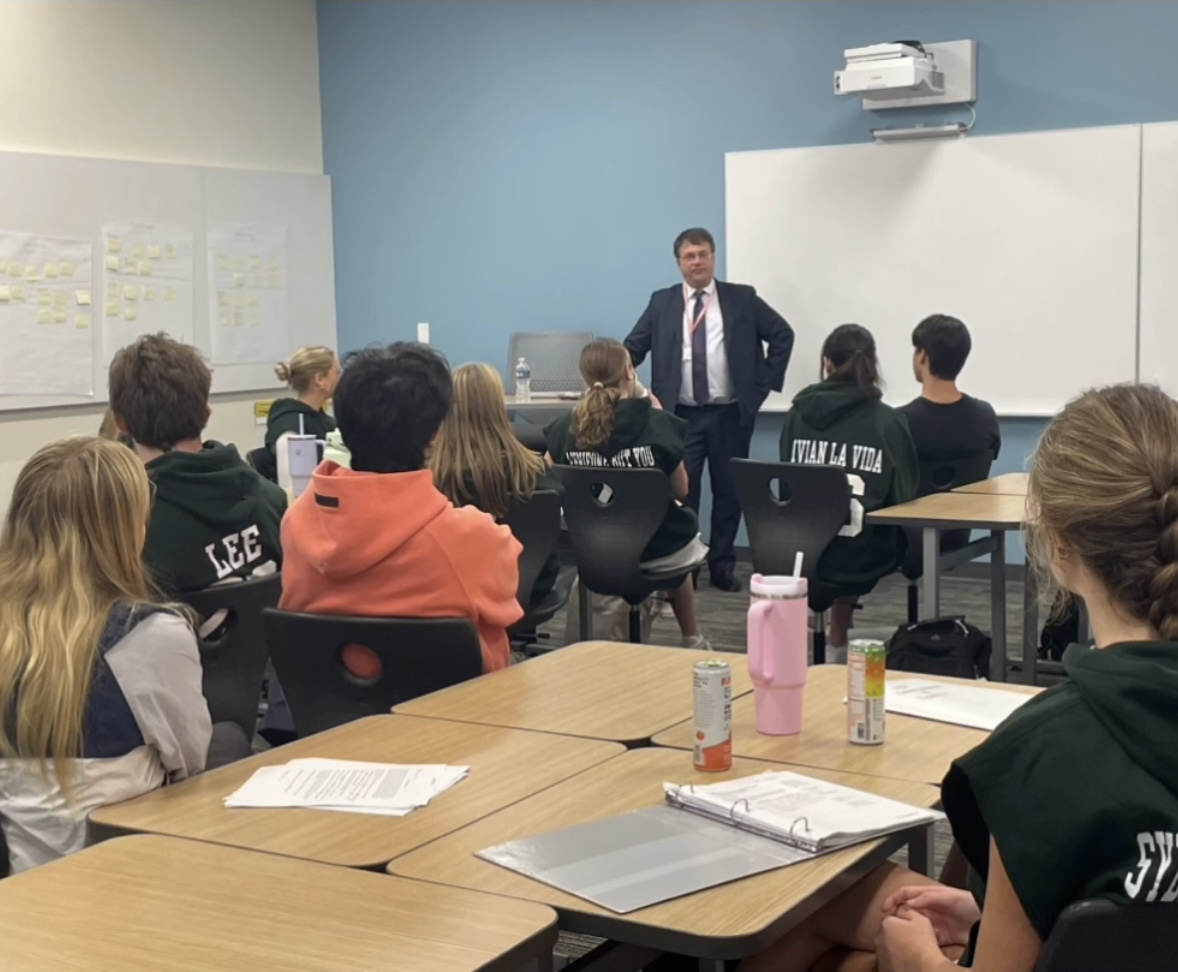AP Biology a possibility for incoming juniors
4-level bio can now be surpassed
February 5, 2016
Students and teachers alike are preparing for next year’s change in the science curriculum, which will allow rising juniors on the PCB 4-level track, who took Physics and Chemistry their freshman and sophomore year, to take AP Biology instead of 4-level Biology.
Students are excited about this change, as it allows them to take two AP Sciences at New Trier without having to double up on science classes during senior year.
“This way I can get AP credit for two difffent sciences versus one,” said sophomore Patrick Helle, who is planning to take AP Bio his junior year.
Those two AP sciences help students get ahead for college, and that’s a major reason why they are deciding to take the course.
“I’m taking AP Bio because I think it will be worth the extra time and work for college and the more challenging experience,” said sophomore Carolyn Genty.
Even though the option is open to all students currently taking 4-level Chemistry PCB, the course is not the right choice for all of them. Both 4-level Chemistry PCB teacher Bill Loris and AP Biology teacher Jim Burnside said that it comes down to the student’s reading level. “As a student, I wasn’t a really fast reader, and that would’ve hurt me in AP Bio. Reading level is key,” Burnside said.
Burnside also commented that the course is directed towards a certain type of student, and current chemistry students who fit those qualities will have the most success.
“The class favors the student who’s organized, a strong reader, and who understands how to stay consistent with their work,” Burnside said.
Being the right fit aside, some are concerned about allowing juniors to add another AP to an already rigorous course load.
Most teachers are supportive of the option to take AP, but will approve the choice on a case-by-case basis.
“There’s going to be some kids where it’s okay for them. But we also counseled [the students]; think about what else you’re taking, think about your overall course load. With both AP English and AP US History, it might just be too much,” Loris said.
Burnside agreed, saying that students who have more time to devote to AP Biology are generally more successful.
“I see students that are taking four majors their senior year and they are very successful in AP Bio,” Burnside said. “But if they had bumped up to five majors and multiple APs, they wouldn’t have been, just because there are only 24 hours in the day.”
The decision to allow students to bypass 4-level Bio and instead take AP Biology was made earlier this year. Due to the 2014 restructuring of AP Physics from AP Physics B to AP Physics 1 and 2, the science department has been revisiting the curriculums of all AP courses to see how students can be better prepared in their earlier science classes.
Burnside doesn’t feel that students who take AP Bio without the prerequisite of another bio class will struggle more than others. “I think the way we have it [the AP Bio class] set up affords everybody the opportunity to be successful,” he said.
But Burnside also stressed that the choice to take AP Bio is ultimately influenced by the rigor of the rest of the schedule. “It’s a load issue. This is very philosophical, but in all our lives we can’t do everything. You need to kind of pick and choose and decide. It’s an option for a student it will fit for and if it fits into their schedule,” Burnside said.
Students are aware of this, and those who are planning on taking AP Bio seem to be up for the challenge. Sophomore Mia Lecinski said, “I don’t think it’ll be that much more stressful because it’s mainly more textbook reading, which I can handle as long as I’m productive with my free periods.”












































